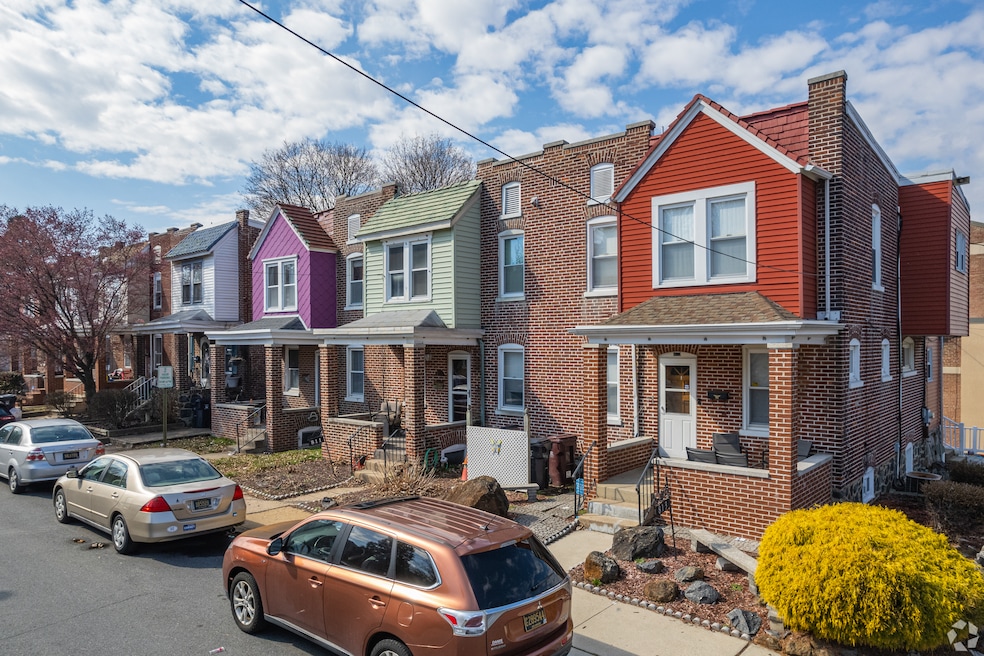A program in Wilmington, Delaware, to acquire abandoned houses, renovate them and sell them to homeowners has drawn criticism from local officials who say not enough city residents can afford to buy them.
At the Wilmington City Council’s July 3 meeting, member Shane Darby called for dissolving the Wilmington Neighborhood Conservancy Land Bank, citing various problems, including access for city residents and poor financial reporting and transparency. While the council didn’t back her proposal, several colleagues said they see a mismatch between the land bank’s mission of cleaning up vacant property and residents’ desire for more affordable homeownership.
The land bank, created by the city in 2018, had renovated 309 properties through 2024, according to its annual report. Of these, 166 lots were sold to individuals for affordable homeownership and 46 for rentals, while another 97 were transferred to nonprofit homebuilders. Some of the improved lots were in the Hilltop neighborhood, an economically challenged area close to downtown.
“Hilltop was an area that had a lot of problems. We’re dealing with the worst of the worst,” Bud Freel, the land bank’s president, told Homes.com. “Now the police chief says crime is down 50%.”
Maria Cabrera, a city councilor and land bank board member, said at the meeting that Hilltop has seen a “transformation” since the agency sold 42 of 50 vacant properties in a 10-block radius to new owners.
Christian Willauer, who was the land bank’s first director and now sits on the city council, said she doesn’t necessarily see that as progress.
“There have been homes in the Hilltop neighborhood that have been renovated, but when I talk to residents, they say many of the people who’ve purchased those homes are not from Wilmington, they’re from New York or New Jersey. That’s not good enough," she told fellow councilors.
The land bank’s annual report says 55% of the sold properties have gone to residents. That number has gone down recently, Freel said, because out-of-towners are more willing to invest in areas like Hilltop than people who are from the city.
It’s also hard for many from Wilmington to qualify to buy land bank property, Hillary Daley, a city resident, told the council at the July 3 meeting. She said she wanted to purchase and renovate a home but couldn’t meet the requirement to put up about a third of the project costs.
“That’s not realistic for a working resident,” she said. “And there was a tight deadline of 18 months to get the house fully renovated. That’s not enough time unless you’re a developer and have contractors on hand.”
The land bank will sell to people who intend to live in the houses they buy, or someone can acquire a property, fix it up and sell it to another owner. Either way, the person who lives in the house must stay there for at least five years.
Freel said many of its sales are for $200,000 or less, though the cost of renovations may be closer to $260,000. Properties tend to be rowhouses typical of the Wilmington urban area, he said. The land bank uses state and local funding assistance to make up the cost difference. But in some cases, the agency has sold property to buyers who tear down the existing structures, build new homes and sell them for more than $300,000.
The median single-family sales price in West Hill, another name for part of the Hilltop neighborhood, is $210,000, according to Homes.com data.


